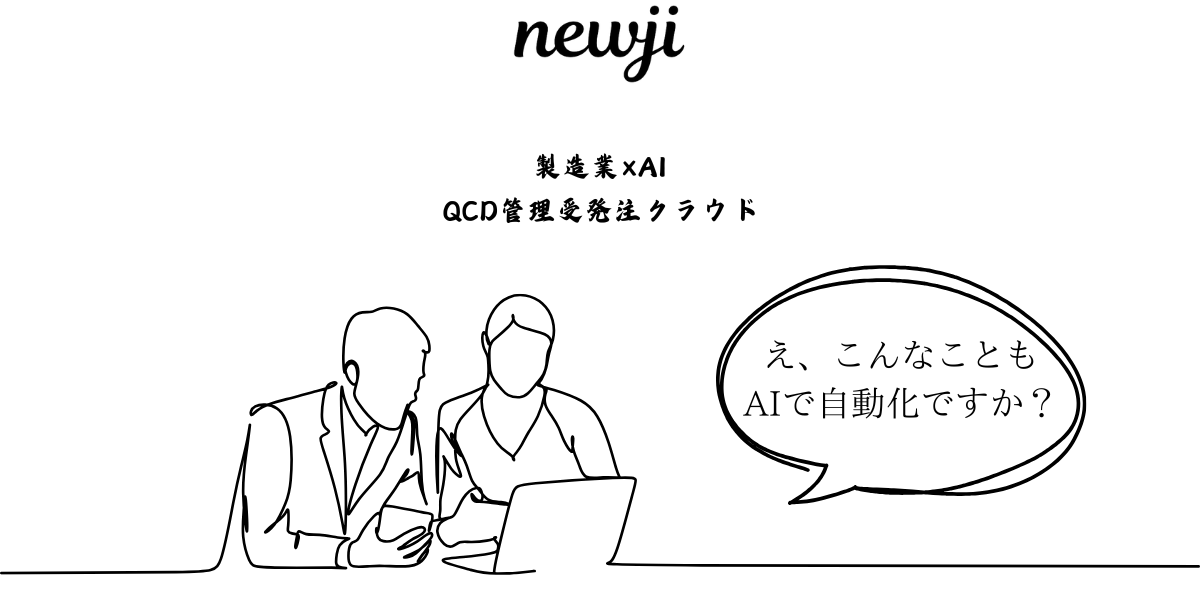- お役立ち記事
- Camera Technology and Industrial Applications

Camera Technology and Industrial Applications

目次
Introduction to Camera Technology
Cameras have become a ubiquitous part of our everyday lives, from the smartphones in our pockets to the surveillance systems keeping our communities safe.
However, their utility extends far beyond personal use into various industrial applications.
Understanding the basics of camera technology can offer insights into their pivotal roles in different industries.
Basic Components of a Camera
Every camera, regardless of its complexity, consists of several fundamental components.
These include the lens, sensor, and the image processing system.
The lens is responsible for focusing light onto the sensor.
Depending on its design, a lens can capture images at different distances and under various lighting conditions.
The sensor, which can be either CCD (Charge-Coupled Device) or CMOS (Complementary Metal-Oxide-Semiconductor), converts light into an electronic signal.
Today, CMOS sensors are more widely used due to their low power consumption and high speed.
Finally, the image processing system converts the electronic signals into viewable images, adjusting for color, brightness, and other parameters.
Advancements in Camera Technology
With continuous innovation, camera technology has seen significant advancements over the years.
High-resolution sensors and sophisticated image processing algorithms now allow for clear and detailed images.
Moreover, features like optical zoom, autofocus, image stabilization, and night vision have drastically enhanced camera performance.
Additionally, recent progress in artificial intelligence has introduced smart cameras that can recognize objects, tag photos, and even predict user behavior.
These intelligent systems are reshaping the landscape of camera technology, paving the way for new and exciting industrial applications.
Industrial Applications of Camera Technology
Camera technology plays a crucial role in numerous industrial sectors, enhancing efficiency, safety, and accuracy.
Manufacturing and Quality Control
In manufacturing, cameras are used for quality control to ensure products meet specified standards.
Machine vision systems equipped with cameras can inspect items for defects, measure dimensions, and verify component presence.
This automation reduces human error and speeds up the production process.
Furthermore, cameras facilitate the integration of robotics in manufacturing.
Robotic arms equipped with cameras can perform complex tasks like picking, placing, and assembling components based on visual cues.
Surveillance and Security
Security cameras are integral to modern surveillance systems, providing constant monitoring of public and private spaces.
With high-definition video capabilities, security cameras can capture detailed footage that aids in crime prevention and investigation.
Additionally, advanced features such as motion detection and facial recognition allow for more proactive security measures.
In industrial settings, surveillance cameras also serve to monitor workplace safety, ensuring adherence to protocols and preventing accidents.
Agriculture and Farming
Camera technology has also found applications in agriculture, empowering farmers to monitor crops and livestock efficiently.
Using drones equipped with cameras, farmers can gain aerial views of their fields, assessing crop health and identifying areas needing attention.
This technology enables precision farming, optimizing resource use and improving yields.
Additionally, cameras are used in livestock management to monitor animal behavior and health, reducing the need for manual inspection.
Healthcare and Medical Imaging
In the healthcare sector, cameras are essential for medical imaging, a critical diagnostic tool.
Endoscopes, which are thin tubes equipped with a light and camera, allow doctors to view inside the body without major surgery.
These images guide accurate diagnoses and minimally invasive procedures.
Moreover, advancements in optical coherence tomography (OCT), a medical imaging technique using cameras, provide high-resolution cross-sectional images of biological tissues.
This is particularly beneficial in ophthalmology and dermatology.
Transportation and Traffic Management
Cameras are vital in transportation, particularly in traffic management systems.
Traffic cameras monitor and manage the flow of vehicles, aiding in congestion control and incident detection.
License plate recognition technology helps enforce traffic laws and toll collections efficiently.
In the automotive industry, cameras contribute to the development of autonomous vehicles.
They enable the vehicles to perceive their surroundings, recognize objects, and make real-time driving decisions.
Challenges in Camera Technology
Despite its benefits, implementing camera technology in industrial applications is not without challenges.
Ensuring data privacy and security is paramount, given the sensitive information cameras can capture.
Moreover, integrating camera systems into existing infrastructures requires substantial investment and technical expertise.
Furthermore, processing and storing the vast amounts of data generated by cameras can be resource-intensive.
The Future of Camera Technology
As we look to the future, camera technology is poised for further evolution, driven by continuous innovation and growing industrial demand.
One anticipated development is the proliferation of 3D and multi-spectral imaging, offering deeper insights across various applications.
The integration of AI and machine learning will further enhance camera capabilities, leading to more autonomous and intelligent systems.
In conclusion, camera technology is a powerful tool transforming industries.
By continuing to advance and overcome existing challenges, cameras will play an increasingly crucial role in shaping a smarter, safer, and more efficient world.
 資料ダウンロード
資料ダウンロード
QCD調達購買管理クラウド「newji」は、調達購買部門で必要なQCD管理全てを備えた、現場特化型兼クラウド型の今世紀最高の購買管理システムとなります。
 ユーザー登録
ユーザー登録
調達購買業務の効率化だけでなく、システムを導入することで、コスト削減や製品・資材のステータス可視化のほか、属人化していた購買情報の共有化による内部不正防止や統制にも役立ちます。
 NEWJI DX
NEWJI DX
製造業に特化したデジタルトランスフォーメーション(DX)の実現を目指す請負開発型のコンサルティングサービスです。AI、iPaaS、および先端の技術を駆使して、製造プロセスの効率化、業務効率化、チームワーク強化、コスト削減、品質向上を実現します。このサービスは、製造業の課題を深く理解し、それに対する最適なデジタルソリューションを提供することで、企業が持続的な成長とイノベーションを達成できるようサポートします。
 オンライン講座
オンライン講座
製造業、主に購買・調達部門にお勤めの方々に向けた情報を配信しております。
新任の方やベテランの方、管理職を対象とした幅広いコンテンツをご用意しております。
 お問い合わせ
お問い合わせ
コストダウンが利益に直結する術だと理解していても、なかなか前に進めることができない状況。そんな時は、newjiのコストダウン自動化機能で大きく利益貢献しよう!
(Β版非公開)


